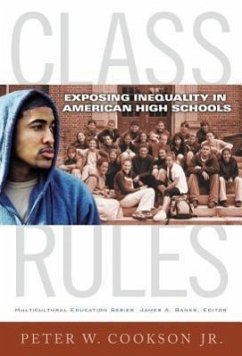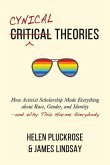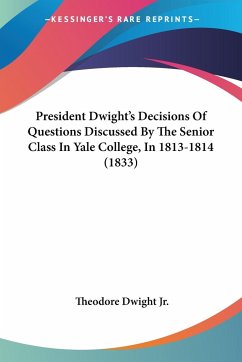Class Rules challenges the popular myth that high schools are the “Great Equalizers”. In his groundbreaking study, Cookson demonstrates that adolescents undergo different class rites of passage depending on the social-class composition of the high school they attend. Drawing on stories of schools and individual students, the author shows that where a student goes to high school is a major influence on his or her social class trajectory. Class Rules is a penetrating, original examination of the role education plays in blocking upward mobility for many children. It offers a compelling vision of an equitable system of schools based on the full democratic rights of students. Book features: provides a fresh, dynamic way of understanding educational inequality and social reproduction, offers a breakthrough social/psychological theory of how adolescents acquire class consciousness, compares the cultures and curricula of five American high schools focusing on the class composition of their students.
Bitte wählen Sie Ihr Anliegen aus.
Rechnungen
Retourenschein anfordern
Bestellstatus
Storno








